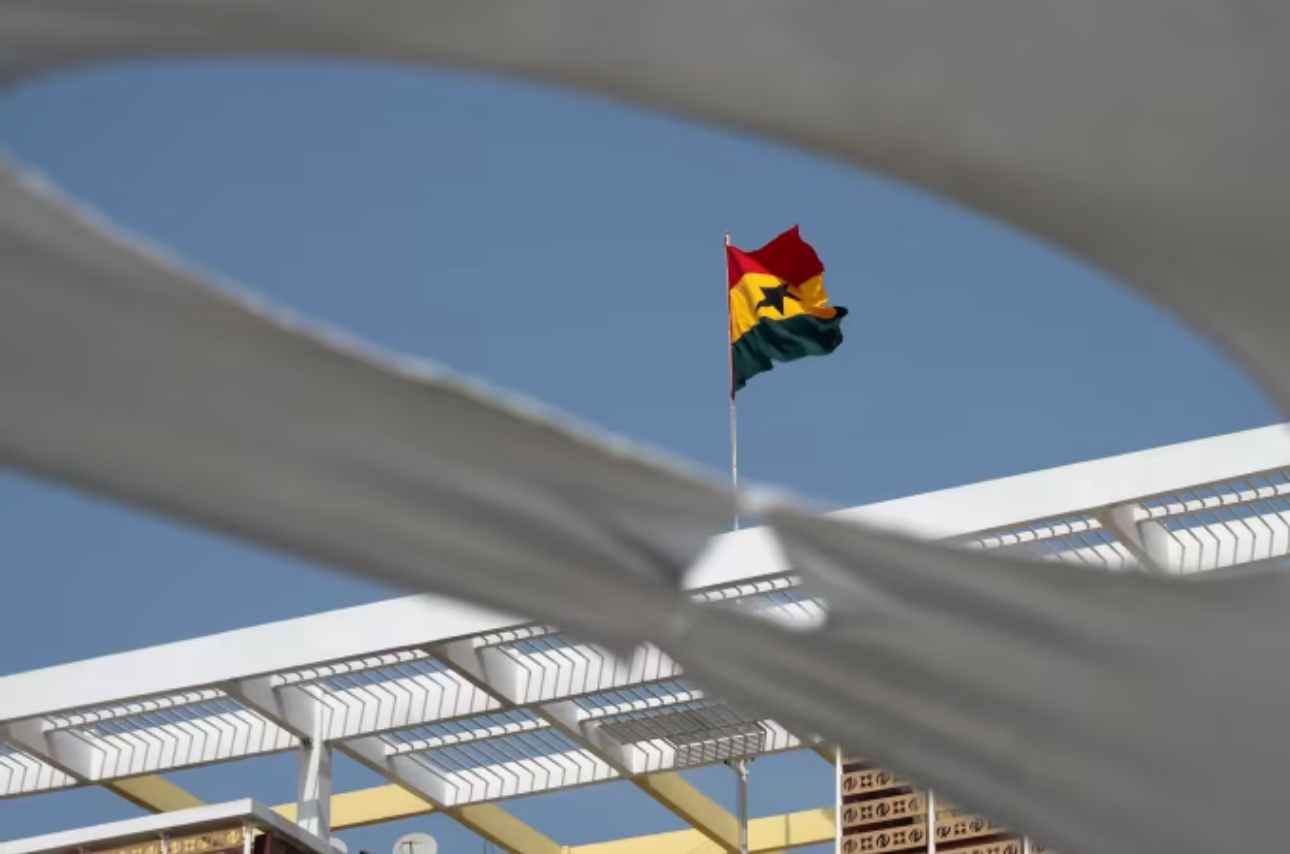U.S. Judge Probes Deportation of Five West Africans via Ghana, Possible Violation of Court Orders

A U.S. federal judge has raised serious concerns that the Trump administration may have violated court protections by deporting five West African nationals to Ghana, from where they may be sent onward to their home countries, Nigeria and The Gambia — despite U.S. judges having granted them protection from such removals.
According to a legal complaint filed by Asian Americans Advancing Justice and the American Civil Liberties Union (ACLU), these five migrants were removed from a detention centre in Louisiana on September 5, 2025. They were transported on a U.S. military flight to Ghana, a country to which they have no strong ties or residence status. 
While in the U.S., immigration judges had granted them relief under fear-based protection laws, finding that returning them directly to Nigeria or The Gambia would expose them to persecution or torture. 
The lawsuit alleges that during the flight, four of the migrants were restrained in straitjackets for approximately 16 hours, provided minimal sustenance, and kept shackled even during bathroom breaks. On arrival in Ghana, they were held in an open-air camp under harsh conditions, with inadequate shelter and water. 
Ghana’s Role & Agreement
Ghana President John Dramani Mahama has publicly acknowledged that Ghana has agreed to accept West African nationals deported from the U.S., under what is described as a “third-country deportation” arrangement. Some of the deportees already arriving in Ghana are being facilitated to return to their home countries. 
However, legal filings assert that Ghana may be acting on U.S. assurances that those sent there will not be forced onward to more dangerous nations — assurances which plaintiffs contend are being broken. 
Judge Tanya Chutkan’s Response
On September 12-13, 2025, U.S. District Judge Tanya Chutkan held emergency hearings to investigate the allegations. She ordered the U.S. government to submit a declaration detailing what steps it is taking to prevent further removals to Nigeria or Gambia — countries where the migrants fear persecution. 
In court, attorneys for the deportees argued the government’s actions represent an attempt to circumvent legal protections already granted under U.S. immigration law and international norms against torture. The U.S. Justice Department has argued that, once individuals are outside U.S. custody, its ability to control their onward removal by third-countries may be limited. 
Implications & Concerns
• Legal experts are watching carefully for whether this practice constitutes “non-refoulement” violations, i.e. sending people to places where they risk serious harm.
• Ghana’s acceptance of deportees without formal ties to Ghana has generated debate locally about the oversight of these agreements, transparency, and human rights obligations.
• For the affected individuals, their status, safety, and ability to return or stay safely are under urgent threat.
www.nsemgh.com

